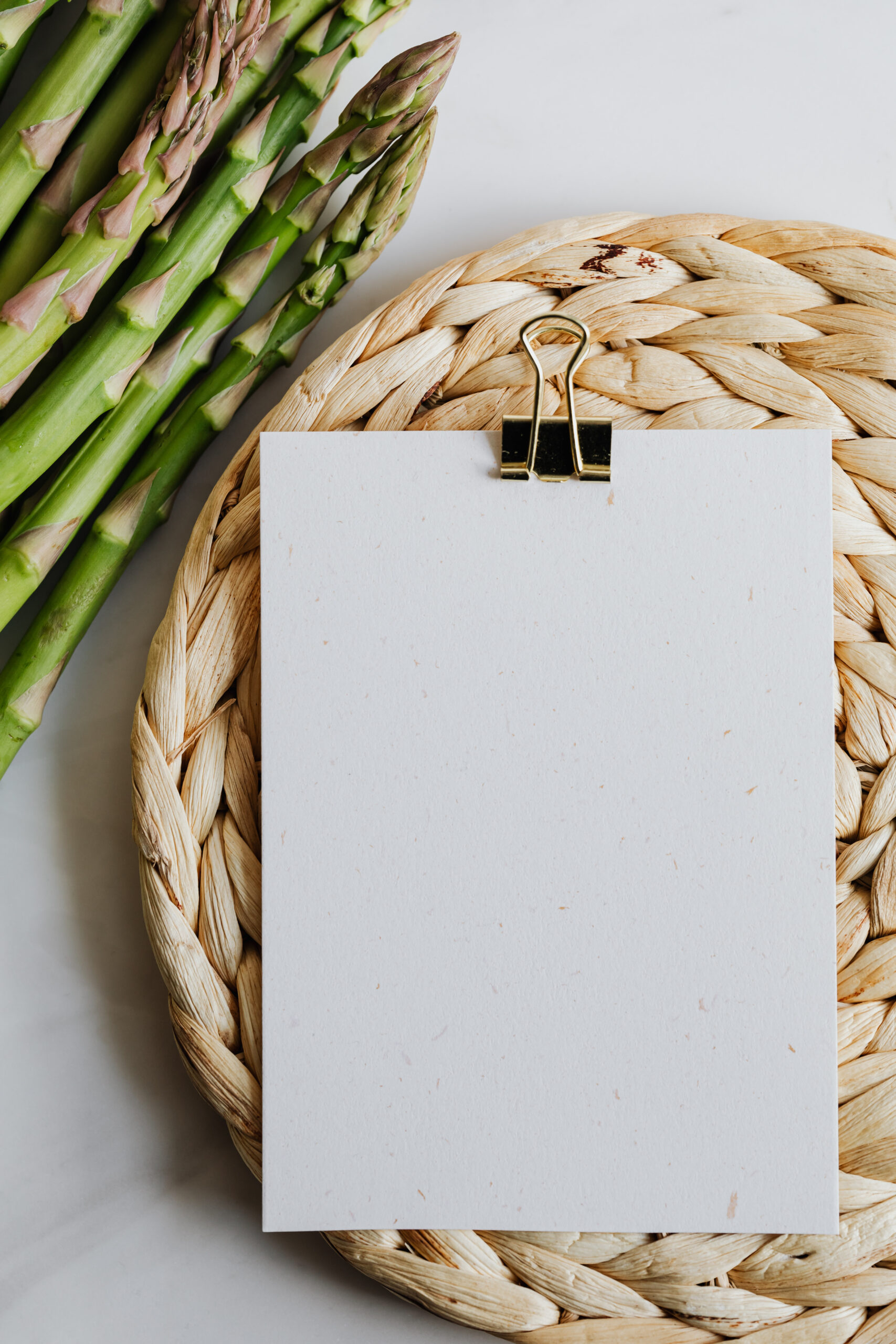When it comes to cooking, choosing the right type of cookware is essential for maintaining your overall health. With so many options available on the market, it can be difficult to determine which cookware is the best for your well-being. From nonstick pans to cast iron skillets, each type of cookware has its own advantages and disadvantages. In this article, we will explore the different types of cookware and their impact on your health, helping you make an informed decision about the best type of cookware for your kitchen. So, let’s dive into the world of cookware and discover how to cook your way to a healthier lifestyle.
What Is The Best Type Of Cookware For Health
When it comes to cooking, not only is the choice of ingredients important, but the cookware you use can also have a significant impact on your overall health. With so many options available in the market, it can be confusing to determine which type of cookware is the best for your health. Factors such as the material used, durability, and ease of maintenance all play a role in making the right choice. In this article, we will explore the different types of cookware and analyze their pros and cons, helping you make an informed decision for your culinary adventures.

This image is property of images.pexels.com.
Factors to Consider When Choosing Cookware
Before delving into the different types of cookware, it’s crucial to understand the factors that should be considered when making your choice. Firstly, the material used in the cookware is of utmost importance. The cookware material should not leach any harmful chemicals or toxins into your food. Secondly, the durability and longevity of the cookware should be assessed to ensure you make a worthwhile investment. Lastly, the ease of maintenance, heat conductivity, and versatility should also be taken into account to ensure a seamless cooking experience.
Non-Toxic Materials for Healthy Cookware
When it comes to non-toxic materials, there are several options available in the market. Let’s explore them one by one, highlighting their benefits and drawbacks, so that you can make an informed decision based on your preferences and needs.
1. Stainless Steel Cookware
One of the most popular choices for healthy cookware is stainless steel. It is durable, resistant to corrosion, and does not react with acidic or alkaline foods. Stainless steel cookware is also non-porous and does not retain flavors or odors from previous dishes, making it an excellent choice for versatile cooking. However, it’s important to note that stainless steel is not the best heat conductor, so it may take longer for your food to cook evenly.
2. Cast Iron Cookware
If you’re looking for cookware that can retain heat exceptionally well, cast iron is a fantastic option. It distributes heat evenly, making it ideal for searing, braising, and slow-cooking. Additionally, cooking with cast iron can increase the iron content in your food, which is beneficial for individuals with iron deficiency. However, cast iron cookware requires special care and maintenance to prevent rusting and maintain its seasoning.

This image is property of images.pexels.com.
3. Glass Cookware
Glass cookware is non-reactive and does not leach any chemicals into your food. It is an excellent choice for individuals with allergies or sensitivities to certain materials. Glass cookware is also microwave and oven-safe, offering versatility in your cooking methods. However, glass is fragile and can break if mishandled or exposed to sudden temperature changes.
4. Ceramic Cookware
Ceramic cookware is known for its non-stick properties and excellent heat retention. It is made from natural clay and minerals, making it an environmentally-friendly choice. Ceramic cookware is also easy to clean and does not require the use of harsh chemical cleaners. However, it’s important to choose ceramic cookware that is free from lead or other toxic substances.

This image is property of images.pexels.com.
5. Copper Cookware
Copper cookware offers excellent heat conductivity, allowing for precise temperature control. It is a popular choice among professional chefs due to its ability to evenly distribute heat. However, copper can react with certain foods, particularly acidic ones, potentially leading to the leaching of copper into your meals. To prevent this, most copper cookware is lined with another non-reactive material, such as stainless steel or tin.
6. Non-stick Cookware
Non-stick cookware is widely used for its convenience, as it prevents food from sticking to the surface during cooking. While it requires less oil, it’s worth noting that traditional non-stick coatings, such as Teflon, can release toxic fumes if overheated. To ensure the safety of non-stick cookware, opt for those labeled as PFOA-free and always use them within the recommended temperature range.
7. Aluminum Cookware
Aluminum cookware is lightweight and affordable. It also offers excellent heat conductivity, ensuring that your food cooks evenly. However, aluminum is a soft metal that can react with acidic or alkaline foods, potentially affecting the taste and quality of your meals. To mitigate this, most aluminum cookware is anodized or has a non-reactive coating.
8. Carbon Steel Cookware
carbon steel cookware is similar to cast iron in terms of heat retention and even cooking. It is lightweight, making it easier to handle than cast iron. Additionally, carbon steel cookware becomes naturally non-stick with time and proper seasoning. However, similar to cast iron, carbon steel requires regular maintenance to prevent rusting and maintain its seasoning.
Cookware Maintenance for Optimal Health
Regardless of the type of cookware you choose, proper maintenance is essential to ensure its longevity and health benefits. It’s important to follow the manufacturer’s instructions for cleaning and seasoning your cookware. Avoid using abrasive cleaning agents or utensils that could damage the surface. By taking care of your cookware, you can maximize its lifespan and enjoy healthy meals for years to come.
Conclusion
Choosing the best type of cookware for your health involves considering several factors, such as the material used, durability, and ease of maintenance. Stainless steel, cast iron, glass, ceramic, copper, non-stick, aluminum, and carbon steel cookware all have their own sets of advantages and disadvantages. By carefully assessing your needs and preferences, you can make a well-informed decision that ensures both the health and enjoyment of your cooking endeavors. Remember, a healthy cookware choice can contribute to a healthier lifestyle overall.

